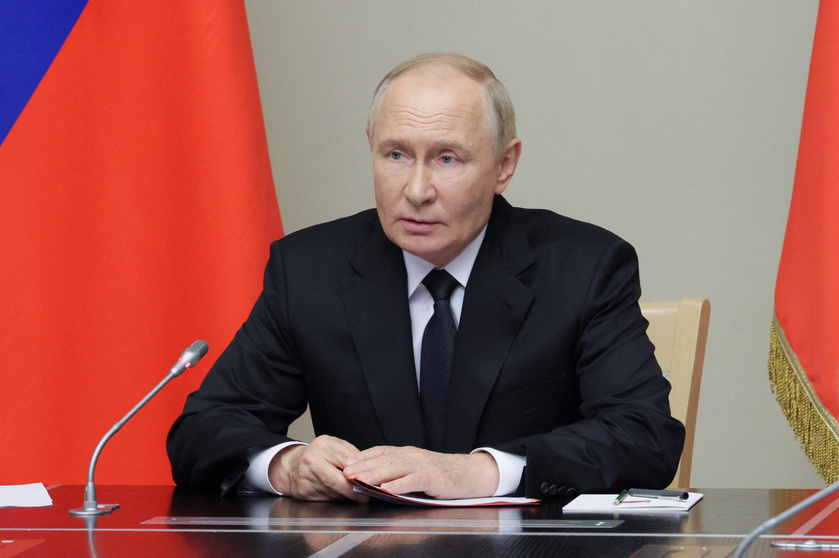The Tactics Behind Russia's Global Influence: How They’re Playing the World Stage
Let’s face it: when you think of Russia in global geopolitics, you probably picture an aggressive country, flexing its military muscles. But Russia is playing a much deeper game. They’re not just about military might; they’re about disruption. From fueling conflicts to stoking global instability, Russia is carefully crafting a web of chaos to achieve its objectives.
Let’s break down how Russia’s actions are shaping the world.
Russia’s Influence in Ukraine and Beyond: A Well-Calculated Distraction
Russia’s invasion of Ukraine was only the beginning. As tensions rise in the region, Russia has been leveraging its military and political influence to spark conflicts in places you wouldn’t expect. Take Israel, for example. Russia’s involvement there isn’t as direct, but by fueling the Gaza conflict, they’re creating a smokescreen to distract from their own actions in Ukraine. The more the West is preoccupied with other crises, the better it is for Russia.
And it doesn’t stop there. Armenia, Venezuela, Guyana — Russia has been stirring up trouble in all of these countries, looking for opportunities to destabilize regions that may pose a threat to their long-term objectives. It’s not just about brute force; it’s about manipulation, misinformation, and keeping the West’s attention diverted.
Is China the Next Puppet in Russia’s Hands?
There’s another piece to this puzzle — China. While the world watches the tensions in Ukraine, Russia has been quietly nudging China to act on its longstanding desire for Taiwan. Beijing has wanted to annex Taiwan for decades, and the prospect of using Taiwan’s advanced tech industry as leverage is too tempting to ignore. If China moves on Taiwan, Russia can add another level of chaos to the global stage.
But here’s the kicker: Taiwan is ready. They’ve installed kill switches on their tech systems to render them useless to any invader. China might not get the high-tech goodies they’re after, but they’ll certainly be able to claim the island, and that’s exactly what Russia is betting on. A China-Taiwan conflict would further destabilize the Pacific region and shift global attention away from Europe, giving Russia more room to maneuver in Ukraine.
The Role of America and Global Leadership: Trump’s Potential Impact
As this geopolitical chess match continues to unfold, one thing is clear: the next US president could have a significant impact on how these conflicts play out. Donald Trump, for example, has a history of strong leadership, and his election could shift the balance of power.
But the real question is: will he be the one to stop Russia’s schemes? Trump’s strong, no-nonsense approach might be the very thing that deters Kim Jong-un from making rash decisions. And while some might argue that his foreign policy is unpredictable, the truth is that unpredictability can sometimes be a powerful deterrent.
Russia is playing a long game, and it’s not just about military might. It’s about creating chaos, distracting the West, and seizing opportunities when the world is looking the other way. How the US and other global players respond will determine if Russia’s tactics succeed or fail.
A Dangerous Game: Russia, North Korea, and the Global Domino Effect
When you connect the dots, the world’s current situation looks like a massive geopolitical jigsaw puzzle. North Korea, Russia, China, and the United States — all moving pieces in a game of global domination. And while the West focuses on defending Ukraine, Russia’s influence is expanding elsewhere.
In the coming years, we’ll see just how deep this web of conflicts runs. Whether it’s in Taiwan, Ukraine, or even within the borders of Russia itself, one thing is clear: the stakes are higher than ever. And understanding the connections between these players is key to predicting what comes next.


















